The Curator independently decides what topics and products we feature. When you purchase an item through our links, we may earn a commission. Promotions and products are subject to availability and retailer terms.
The experience of PMS (premenstrual syndrome) can wreak havoc in our lives. The list of symptoms run long — from brain fog and fatigue to irritability and depression, along with various physical discomforts and pain. PMS can cause disruptions and challenges in our professional and personal lives. It’s estimated that nearly 48 per cent of people in the reproductive age are affected by PMS, and of these, 20 per cent experience severe symptoms.

Not everyone will experience the full gamut of PMS symptoms (thankfully!) and from menstrual cycle to cycle, the severity of symptoms will vary. But if you dread the weeks or days leading up to your period, it may be a sign that PMS symptoms are affecting quality of life.
We spoke with Toronto-based naturopathic doctor Meera Dossa about what contributes to PMS and how to help manage symptoms.
Hormone imbalance
Our sex hormones change as our menstrual cycle moves through its different phases, says Dossa. Generally, estrogen is predominant in the first two weeks of the cycle, and progesterone is predominant in the second half of the cycle. But when hormonal imbalances exist, PMS symptoms can occur. To bring these hormones to a state of balance, it can be helpful to incorporate dietary changes at various phases in the cycle. For example, incorporating foods like flax seeds, which contain phytoestrogens, in the first half of the cycle to support estrogen, and then switching to sesame seeds at the back end of the cycle to support progesterone, says Dossa.
Research has shown that people who experience PMS have higher estrogen levels than those who don’t experience symptoms. A number of factors can lead to excess estrogen, such as insufficient bowel movements, consuming products that contain hormones, and exposure to toxins in the environment. To support estrogen clearance, Dossa recommends increasing the amount of fibre intake throughout your cycle by eating seeds, fruits and vegetables to help with elimination as well as cutting back on dairy and reducing exposure to environmental toxins.
It may be helpful to work with a natural health practitioner to conduct a DUTCH test, says Dossa. The at-home urine test gives a complete snapshot of someone’s hormonal picture to see what may be lacking or in abundance, and then from that understanding can work to create a sense of balance, she says.
Serotonin levels
Hormonal changes are linked to fluctuations in serotonin, a brain chemical that helps stabilize and boost mood. It has been found that a decline in serotonin can lead to insomnia, fatigue, and depression, which are common symptoms of PMS.
Over 90 per cent of serotonin is manufactured in the gut so we really want to hone in on gut health to help improve how we feel, says Dossa. Supporting the gut microbiome by consuming prebiotics, probiotics and postbiotics can be helpful, whether that’s through eating certain foods or taking supplements. It’s best to consult with a health practitioner for your unique needs. For example, a person may be loading up on certain fermented foods as a source of probiotics, but if they have candidiasis, an overgrowth of yeast in the body, it can actually feed the yeast and contribute to the problem.
Blood sugar imbalance
When our blood sugars are constantly fluctuating, the spikes in glucose can cause our body to secrete a hormone called insulin that brings blood sugar down but can increase inflammation in the process, says Dossa. Eating foods high in simple carbohydrates can have this effect and the increased inflammation can intensify symptoms of PMS such as pain and cramping and affect our brain chemistry. It’s recommended to incorporate foods that support blood sugar balance to lower inflammation overall.
It may be possible that one or more of these factors could be contributing to PMS. For immediate physical relief, taking magnesium could be helpful to alleviate cramping, pain and headaches, says Dossa. But if preventing or minimizing PMS symptoms and bringing the body to a state of balance is the goal, addressing hormonal imbalances, prioritizing gut health and keeping blood sugar levels down may be the ticket.
Favourite PMS-fighting products selected by The Curator Team
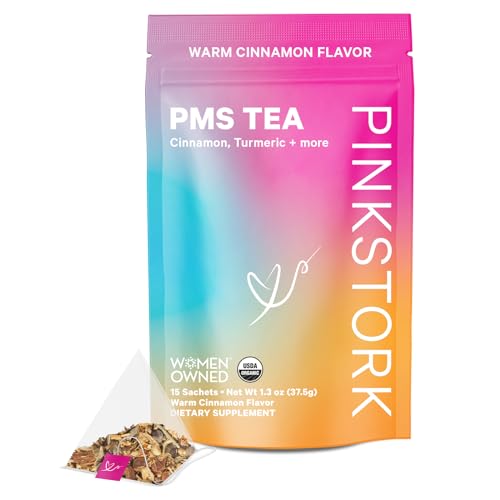
A warming soothing tea can be just the thing when symptoms arise. This tea made of organic ginger, turmeric, cinnamon, chaste teaberry and licorice root was female-formulated and designed to ease menstrual discomfort.
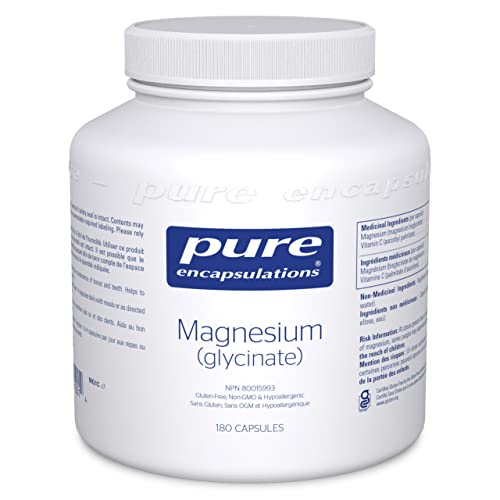
Magnesium supplementation has been shown to help alleviate PMS symptoms by calming the nervous system. Not only can this important mineral help manage stress and anxiety, but it can also support cardiovascular health and is critical for energy metabolism and muscle function.
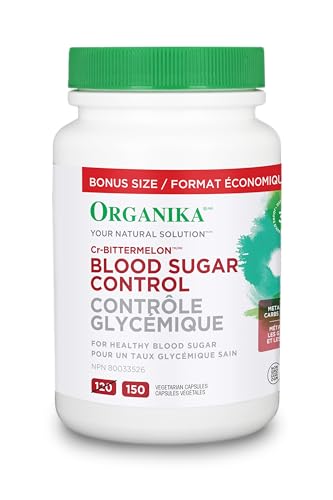
As the name suggests, bittermelon is bitter in flavour, though remains a widely eaten fruit in Asian cuisine. Those who can’t tolerate its taste can still reap its benefits of helping lower blood glucose through supplement form.
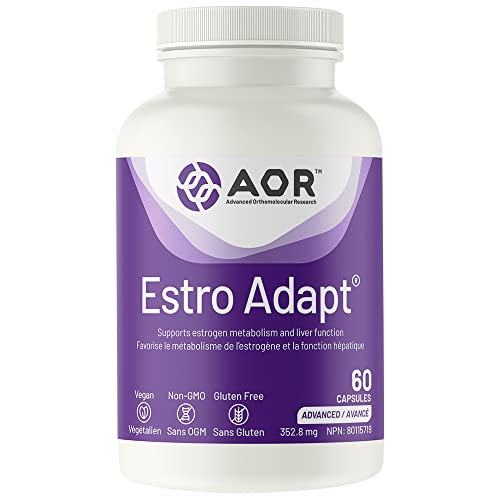
Support healthy estrogen levels and detoxification with this supplement by AOR that includes important estrogen-modulating nutrients.
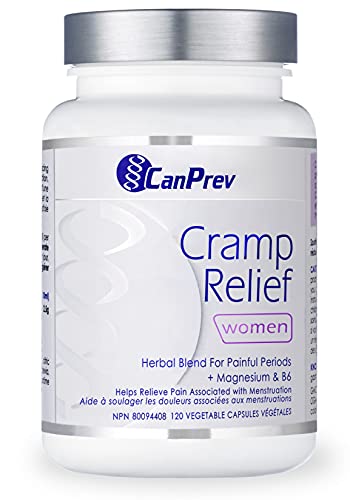
A blend of herbs and minerals that together can help relieve painful cramps, nausea, tension, and nervousness among other symptoms of PMS.
© 2024 Global News, a division of Corus Entertainment Inc.




